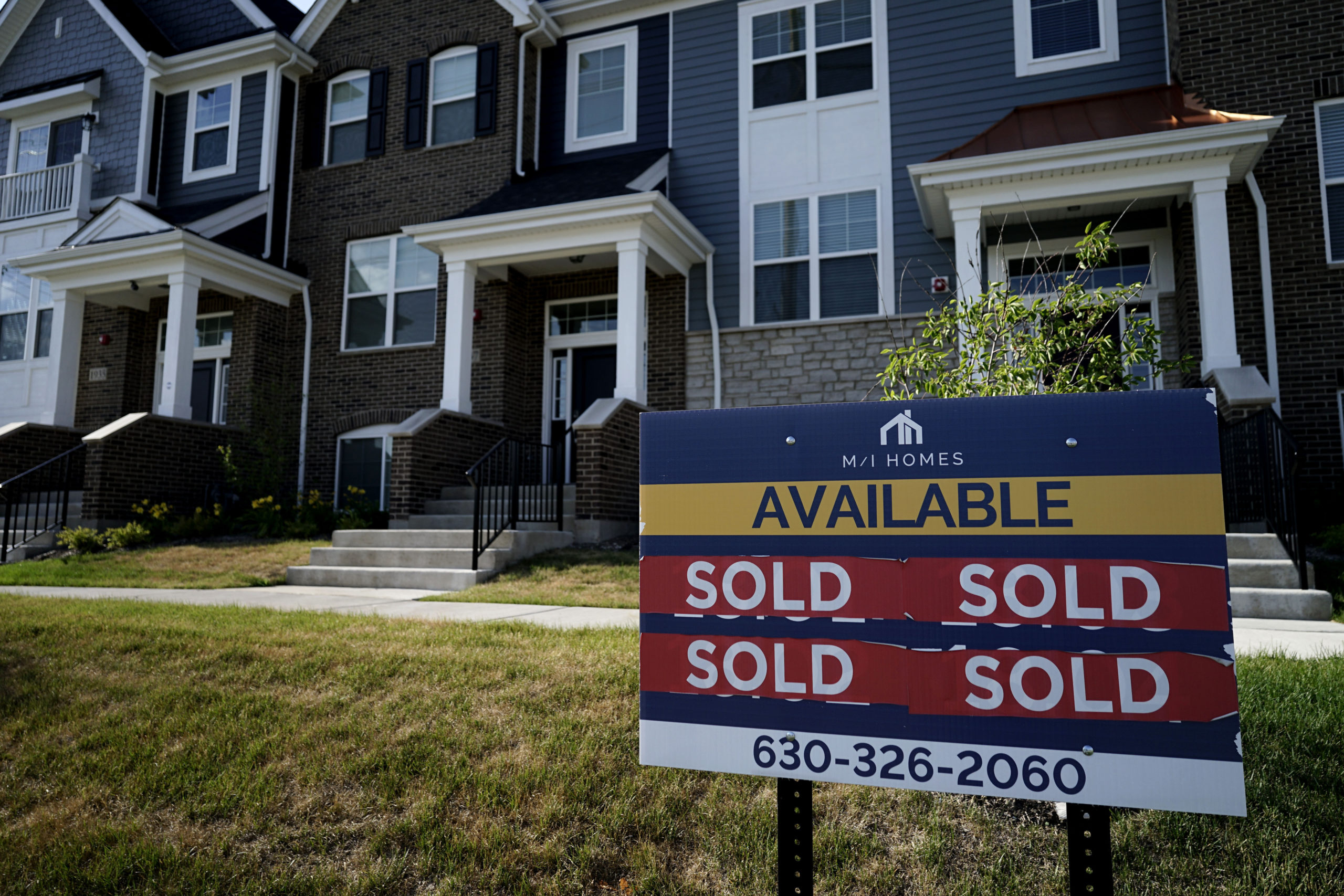 1
1 1
1
WASHINGTON (AP) — The average long-term U.S. mortgage rate edged down for the first time in two months following a swift ascent to levels that have not been seen in more than a decade.
After seven weeks of increases, the average rate on a 30-year mortgage inched down to 5.1% from 5.11% last week, mortgage buyer Freddie Mac reported Thursday. Last week’s average rate was the highest since April of 2010. One year ago the 30-year rate stood at 2.98%.
Federal Reserve officials have signaled that they will take an aggressive approach to fighting high inflation, saying that half-point interest rate hikes, rather than traditional quarter-point increases, “could be appropriate” multiple times this year. The Fed raised its main borrowing rate by a quarter-point in March, its first increase since late in 2018.
Last week, the National Association of Realtors reported that sales of previously occupied U.S. homes fell in March to the slowest pace in nearly two years with surging mortgage rates and record-high prices sidelining would-be homebuyers just as the spring buying season begins.
Median home prices in March jumped 15% from a year ago at this time to $375,300. That’s an all-time high on data going back to 1999, NAR said.
With inflation at a four-decade high, rising mortgage rates, elevated home prices and tight supply of homes for sale, homeownership has become less attainable, particularly for first-time buyers.
“The combination of swift home price growth and the fastest mortgage rate increase in over forty years is finally affecting purchase demand,” said Freddie Mac’s Chief Economist Sam Khater.
Some economists suggest that home sales this year could decline as much as 10% from 2021 levels.
Freddie Mac reported that the average rate on 15-year, fixed-rate mortgages, popular among those refinancing their homes, rose to 4.4% from 4.38% last week. One year ago it stood at 2.31%.